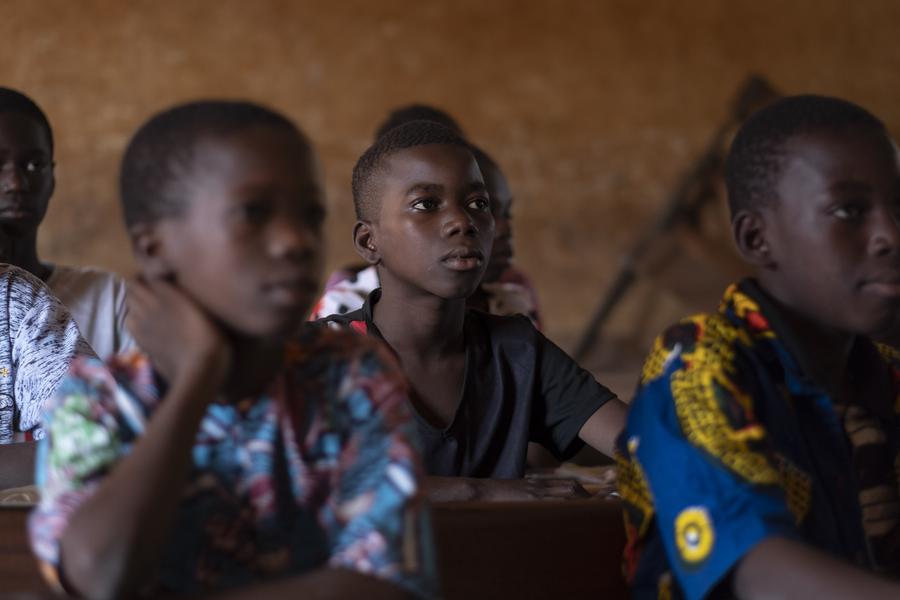Context
Nigeria faces a significant education challenge, with the highest number of primary-level out-of-school children (OOSC) globally, amounting to 10.5 million children, representing 14% of the global OOSC population. Additionally, six million of the 36 million out-of-school girls worldwide are Nigerian, mainly concentrated in the Northern states where up to two-thirds of primary-age children are out of school. Various barriers contribute to this, including poverty, child labor, gender disparities, and inadequate infrastructure and resources.
Solution
The project aims to address these challenges by adopting 100 public primary schools across Nigeria, focusing on 47 schools in Northern states with high numbers of OOSC. These adopted schools will receive infrastructural improvements, establishment of Walk-in-Centres for OOSC, provision of daily meals to incentivize attendance, teaching and learning materials, teacher training, and capacity building for School-Based Management Committee (SBMC) members and State Universal Basic Education Boards (SUBE) to support school operations and facilitate OOSC enrollment.
Impact
The initiative achieved its success in surpassing its enrollment target and exceeding 70% of its outcome and output goals illustrates the effectiveness of targeted interventions in addressing educational access for out-of-school children. This achievement highlights the need for scalable enrollment strategies, performance-driven program design, and adaptive implementation models that can withstand systemic challenges.













